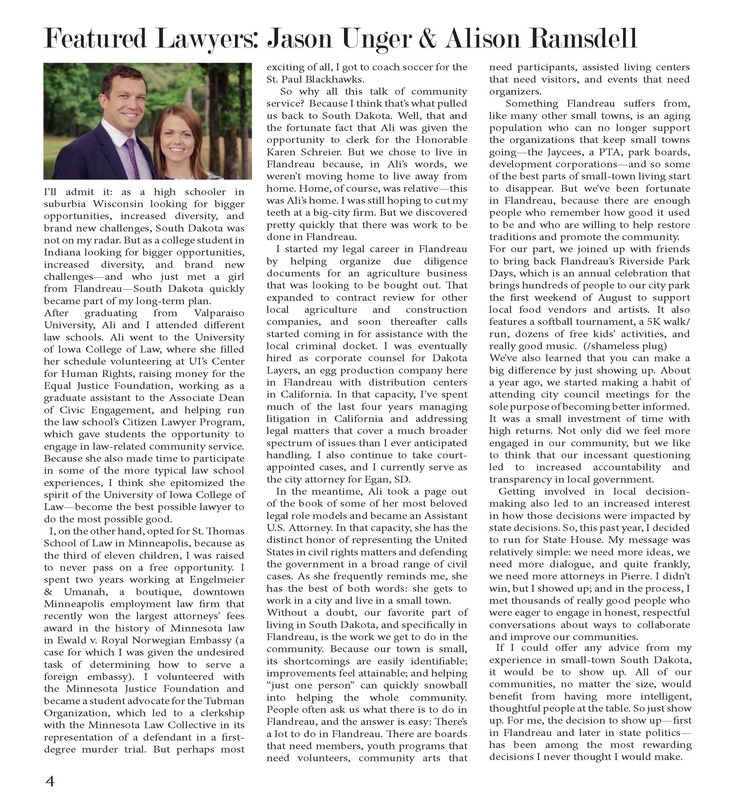|
My law school alma mater, University of St. Thomas School of Law, has a uniquely focus on the law as a culmination of truth, justice, faith, and reason. Criminal justice reform is inherently aligned with that interest.
In Graham v. Florida, 130 S.Ct. 2011 (2010), the U.S. Supreme Court identified four legitimate goals of penal sanctions: retribution, deterrence, incapacitation, and rehabilitation. After decades of a slogan-based War on Drugs in America, it is clear that widespread imprisonment and severe prison sentences in drug cases are ineffective in the pursuit of justice and reducing drug-related criminal activity. Thus, the Obama-era movement for criminal justice reform ensued (see, for instance, South Dakota's expanding Drug Court system). Mark Osler (professor at UST Law and former federal prosecutor) is committed to criminal justice reform and correcting unjust consequences of a flawed system, specifically regarding extreme prison sentences for non-violent drug offenses. A glimpse into his perspective and insight are highlighted in the Rolling Stone article linked below. The article, however, is a brief overview of the current administration's apparent commitment to reversing the momentum of criminal justice reform, in favor of the prison-for-all/prison-forever approach of the failed War on Drugs. There are all sorts of analogies to the Cold War and Martin Luther's Reformation of the Catholic Church that might be appropriate here. Suffice it to say that doubling down on a system proven to be a crippling cost on individuals, families, and communities abrogates our responsibility to establish and enforce the law as a culmination of truth, justice, faith, and reason.
3 Comments
|
ArchivesCategories |
Proudly powered by Weebly


